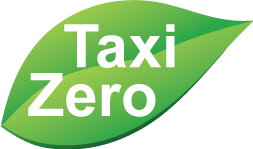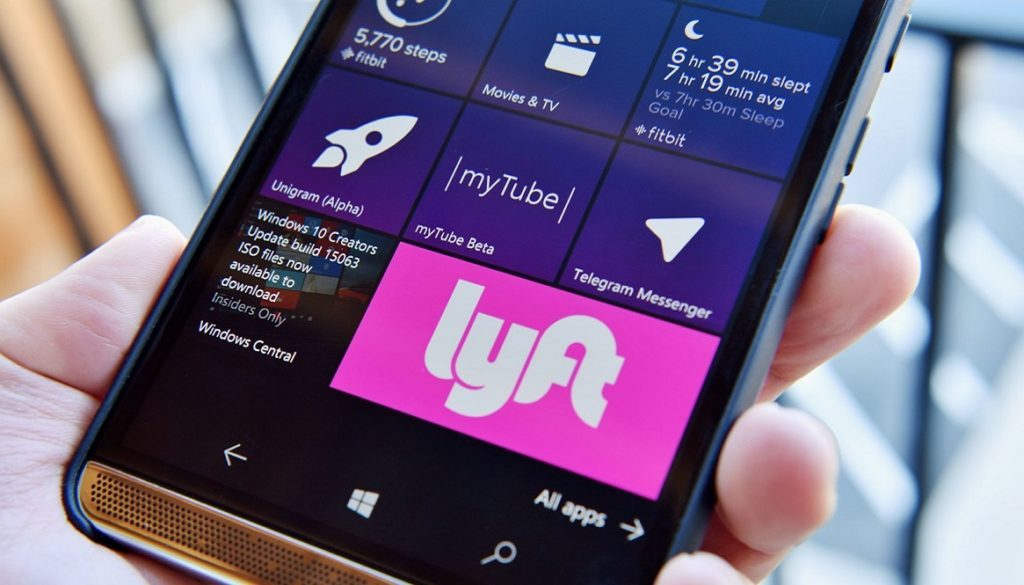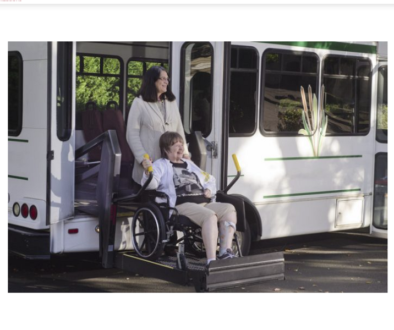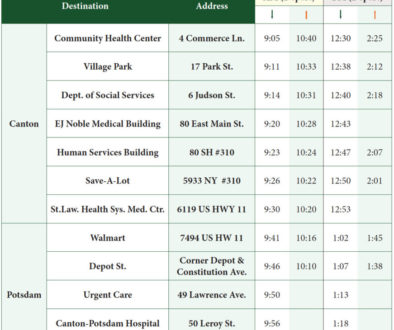Taxi Cab Ride Sharing Businesses Like Uber and Lyft in Upstate New York
By Chris McKenna
Times Herald-Record
Six months after efforts to legalize Uber and similar ride-sharing companies in upstate New York ran aground in Albany, state lawmakers may revisit the stalled legislation as one of their year-end priorities if they return to the capital for a special session in the next two weeks.
The Republican-led Senate approved a bill in June that sets insurance requirements and other statewide rules to authorize ride-sharing, which is currently allowed in New York City but nowhere else in New York.
But the Democratic-controlled Assembly had by then amended the legislation to require higher coverage levels, which aroused the opposition of the ride-sharing industry and insurance groups.
Lawmakers ended their 2016 session in June with no vote taken on the Assembly bill and no resolution on coverage amounts and other sticking points.
Now, legislators may go back to Albany to vote on raises for themselves and other unfinished business before the year ends.
Gov. Andrew Cuomo recently has made a public push to consummate the ride-sharing legislation, although it remained unclear on Monday whether a special session would be held, what its agenda would be and if the differences on ride-sharing rules could be resolved.
If approved, a mode of transportation now available in most major U.S. cities, in neighboring New Jersey and Connecticut, and in cities around the world, could soon be offered in the Hudson Valley and anywhere else in New York.
The service allows people to hail rides through their smartphones, tapping into a loose network of typically part-time drivers who use their own vehicles as taxis.
Uber covers the drivers’ insurance costs and pockets a percentage of the prepaid fares.
The prospect worries Dennis Silva, a dispatcher and occasional driver for Newburgh and Hudson Valley Taxi Service, one of 10 taxi companies operating in the City of Newburgh.
He fears the 27 independent drivers who drive for his company would face a competitive disadvantage because they must pay their own insurance and a litany of other costs Uber drivers might not have to pay.
Those costs include renting their radios for $150 a week, a $300 city inspection fee (and $150 renewal every six months), and a $250 city license (and $100 annual renewal).
Silva speculates drivers may leave his company and join Uber if given the opportunity to avoid the costs they now shoulder.



